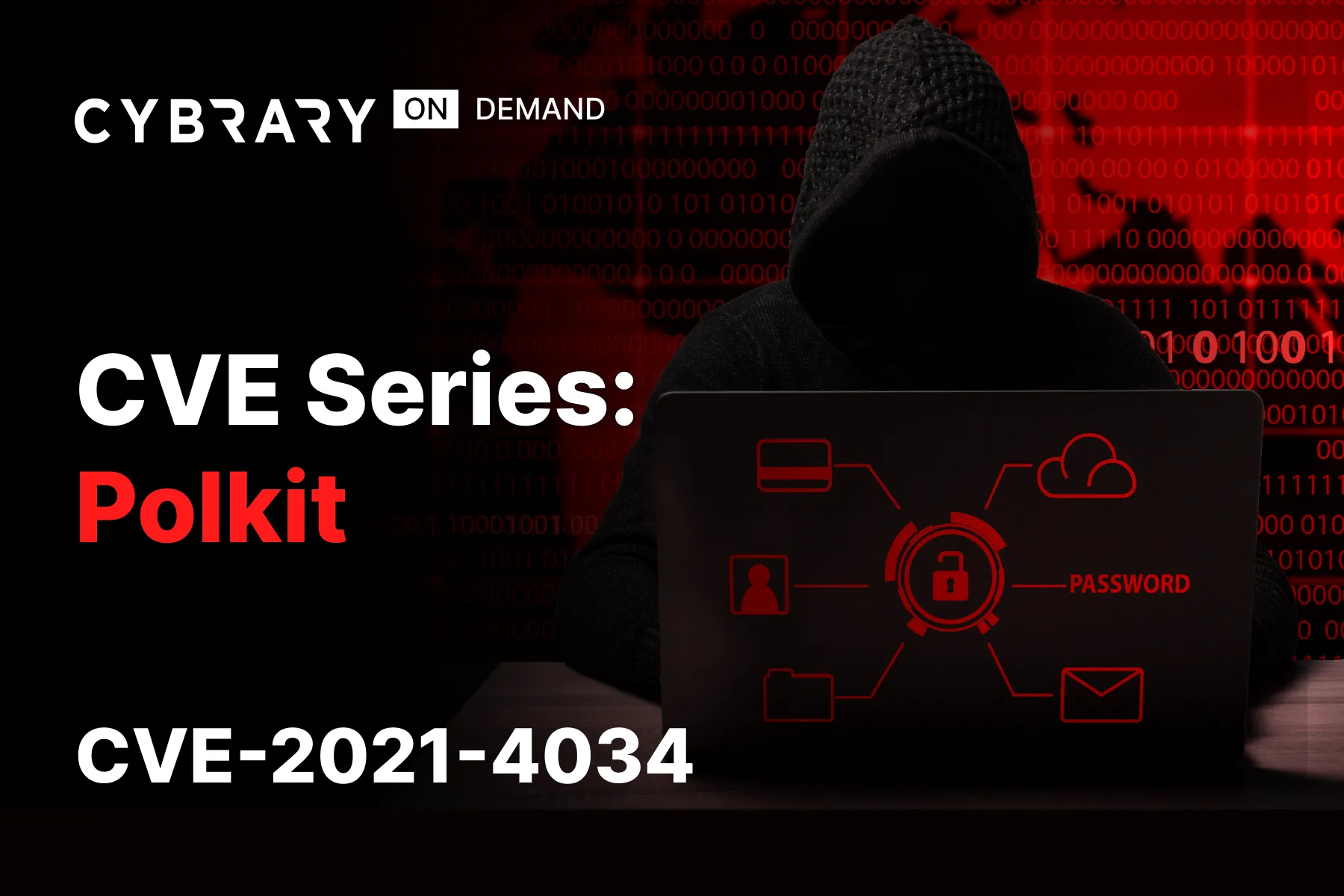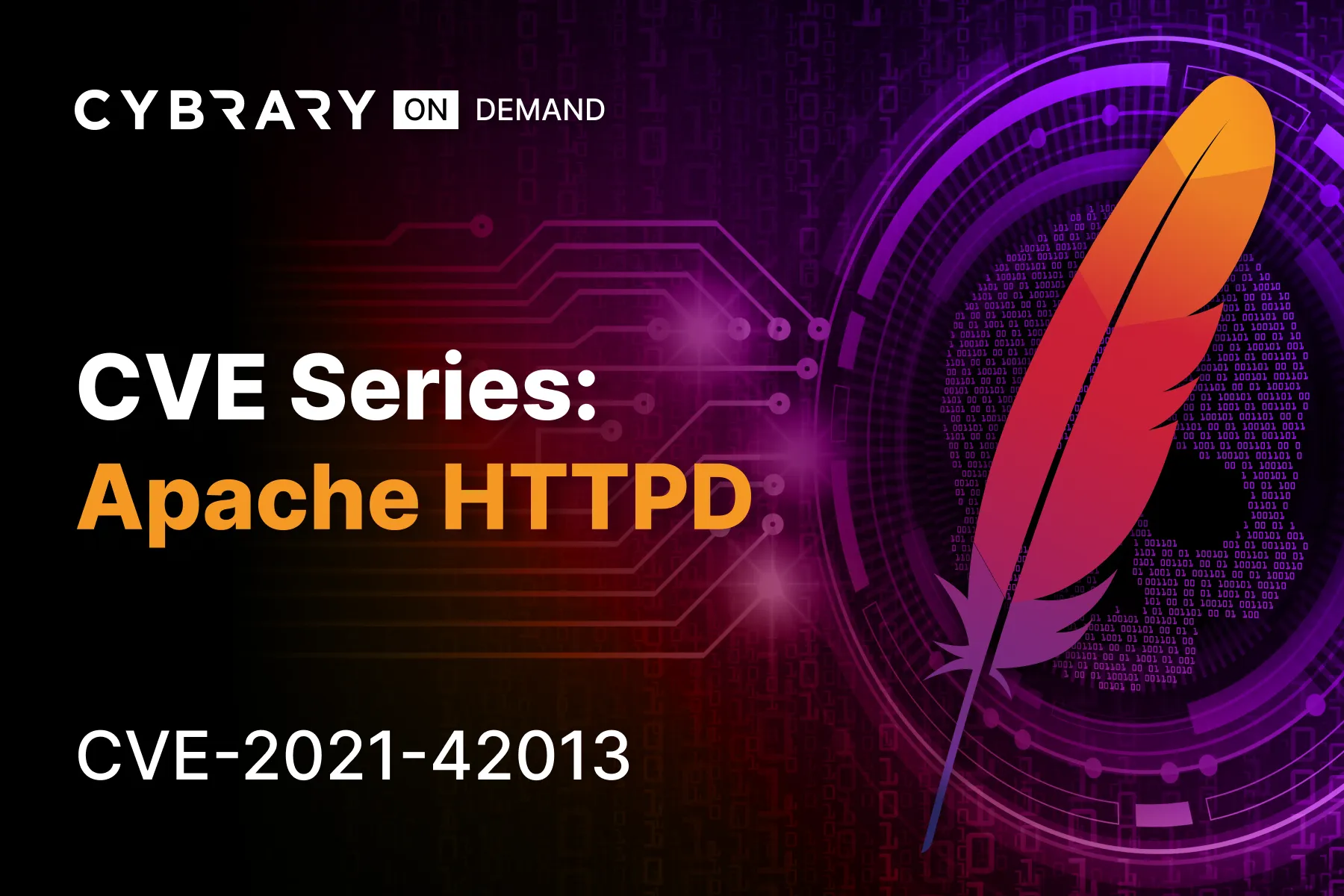Courses

CVE Series: Dirty Pipe (CVE-2022-0847)
Dirty Pipe (CVE-2022-0847) is the most critical vulnerability to impact Linux distributions in years. By exploiting this local kernel flaw, adversaries can quickly escalate privileges and even gain root access. Exploit and mitigate this vulnerability in this hands-on course that gives you the skills you need to protect your organization.

CVE Series: Polkit (CVE-2021-4034)
The Polkit vulnerability (CVE-2021-4034) is a critical vulnerability impacting every major Linux distribution. Its attack vector allows privilege escalation and can even give the attacker root access. Exploit and mitigate this vulnerability in this hands-on course that gives you the skills you need to protect your organization.

Scanning & Enumeration
As a penetration tester or red teamer, you will use scanning and enumeration to interact with target systems and learn more about them just like a hacker would. In this Scanning and Enumeration course, you will learn to use key tools to discover and document target information that is vital for your engagements.

SolarWinds Hands-On Course
Want to better understand the 2020 SolarWinds compromise that dominated the headlines? Interact with the malware used in the attack in this SolarWinds hands-on course and virtual lab so you can detect whether your organization was affected and protect against this type of threat in the future.

Recon 101
Your pentests will only be successful if they are based on high-quality information gathered at the start of the engagement. If you want to leverage resources like Google Dorking, DNS queries, and other public data sources to set yourself up for a successful pentest, then check out this hands-on Recon 101 course.

CVE Series: CouchDB RCE (CVE-2022-24706)
The Apache CouchDB Remote Code Execution (RCE) vulnerability (CVE-2022-24706) is a critical flaw impacting Couch databases and has been known to be exploited in the wild. Learn how to exploit and mitigate this vulnerability today!

CVE Series: Grafana Directory Traversal (CVE-2021-43798)
The Grafana Directory Traversal vulnerability (CVE-2021-43798) is a critical arbitrary file reading vulnerability impacting global Grafana servers and has been exploited in the wild. Take this course to learn how to exploit and mitigate this vulnerability!

CVE Series: Apache HTTPD (CVE-2021-42013)
The Apache HTTPD vulnerability (CVE-2021-42013) is a critical flaw impacting servers across the globe. This vulnerability gives an attacker the ability to enumerate a system and execute commands on the victim system if exploited. Exploit and mitigate the vulnerability in a secure lab environment!




